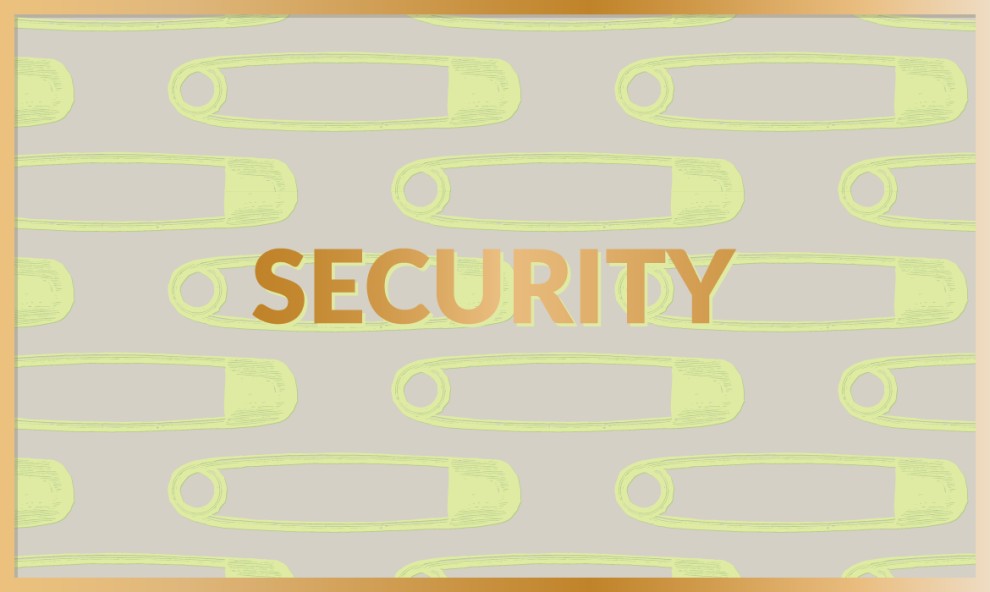Kenneth Waltz, the recently deceased and most prestigious scholar of the realist school of international relations, wrote that “the opposite of anarchy is not stability but hierarchy”. Anarchy is reached when hegemony does not exist or when there are no structures of order and control (or when these are lost) in a society. This occurs when the established order is broken (as when an empire or a dictatorship collapses), when there are no institutions capable of channeling conflict or when anomalous situations -whether endogenous or exogenous- present themselves that generate conditions of disorder, violence and, potentially, chaos. There are many examples of each of these cases, from the Soviet Union to Egypt. Mexico did not attain the level of chaos that has characterized other nations, but tendencies from the onset of the nineties have not been commendable: anyone could find examples of each of the previously described grounds.
An early accomplishment of the Enrique Peña´s government was the return to a sense of order and authority; this, however, has been tarnished due to the renewed chaos that characterizes several regions and states of the country as well as by demonstrations and street violence. Although it is quite obvious that the trends in the country’s power structure have changed, the government has certainly not achieved instituting its hegemony in the sense employed by Waltz. What remains to be seen is which of the two trends advances: chaos or hegemony and, if the latter whether institutional mechanisms will be created for the latter to be permanent.
The return of a sense of order and authority did not modify the growing industry of extortion and kidnapping, nor did it impact the patterns of violence along the drug corridors. It’s sufficient to see the displays of rejection (and, in some cases, of outright rebellion) in Guerrero, Oaxaca or Mexico City, the violence linked with organized crime or the non-institutional dissidence that exists throughout the country (like Michoacán today) to be chary concerning the conclusions at which one arrives. But none of this denies the advance toward reestablishing a sense of authority. It is not obvious, though, that it will endure.
I’d like to open a parenthesis here to dwell on the perspective of “realist” school of power, such as Waltz. For this “tribe” what’s fundamental among nations (but also within them) is to achieve an equilibrium that allows for stability. From this perspective, the worst case scenario is one that leads to instability; thus, for those arguing for a “realist” (as differentiated from “idealist”) view what’s crucial is to void sweeping changes: to procure equilibria and comfort zones. In this respect, there are scholars who have compared the history of Asia with that of Europe and concluded that the reason for fewer wars and more stability in the former is that in Asia there always were hegemonic or dominant powers (like China), while in Europe power relations were more akin to equality. From this, these savants deduce that chaos is the result of equality among nations or among societal groups. When there is a dominant or hegemonic power there tends to be order, ergo, development.
Democracy is a sort of hegemony that, different from that resulting from the capacity of imposition is the result of a vote, thus, of agreement in a society. But, as with other structures of domination, democracy is a hierarchical structure that imposes by means of institutions that enjoy legitimacy deriving from the consent of the population. However, an incomplete or a non-consolidated democracy one like Mexico’s generated an expectation of equality (on the part of the governors, de facto powers, businesspeople and union leaders) that contributed to creating an environment of crisis and instability. That is, on the disappearance of the structure or source of authority the country began to enter into an era of disorder that has threatened to self-destruct in systematic fashion.
The point is not to suggest that what the country requires is a structure of authoritarian control that imposes order but rather the complete opposite: what is required is for the country to consolidate its democracy for there to be strong institutions that not only drive the possibility of the existence of legitimate authority, but also for the latter to be permanent through electoral processes that confer legitimacy upon it every six years. With an eye to the future, this is, in good measure, the challenge that the country faces today.
The previous government attempted to avoid the anarchy to which organized crime was potentially leading through frontal combat. Independently of this strategy’s rationality or viability, one of the basic problems of its conception was the supposition that all sources of stability issued from it. Although organized crime is obviously an enormous source of violence and disorder, a good part of the country’s problems derive from the fact that from the beginning of the nineties there commenced an erosion of the structure of authority. The old presidentialism was wearing thin but institutions were not constructed (or not sufficient and adequate ones) to replace the outmoded powers that were going downhill.
In a democratic system, hegemony stems from a centralized government that controls the structures of power or those of strong institutions. Currently, the government has amassed growing power thanks to the mechanisms of control it has introduced and revitalized, as well as due to the president’s personality. This constitutes the best potential opportunity for advancement toward development in decades, but also entails the seeds of its own risk.
In the nineties Mexicans had a presidency that achieved something similar: it consolidated the power, erected a structure of domination that led to hegemony and drove the aggregate of measures that established a platform for the country’s economic development. In much of what was achieved then lies the potential for present-day development and of what has worked well in recent decades, beginning with the North American Free Trade Agreement (NAFTA). However, it is also imperative to recognize that unipersonal power is not permanent and can in itself be a source of instability and even disorder, as has been the case sins 1994.
The reestablishment of order and of a sense of authority is an extraordinary accomplishment and constitutes an exceptional opportunity for the development of Mexico. But it will only succeed to the extent that it consolidates into institutions and caters to the needs of the citizenry, always ignored.
Disorder and Authority






Comments